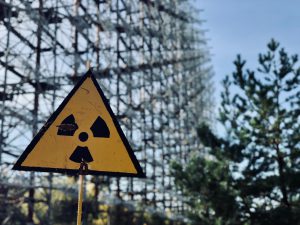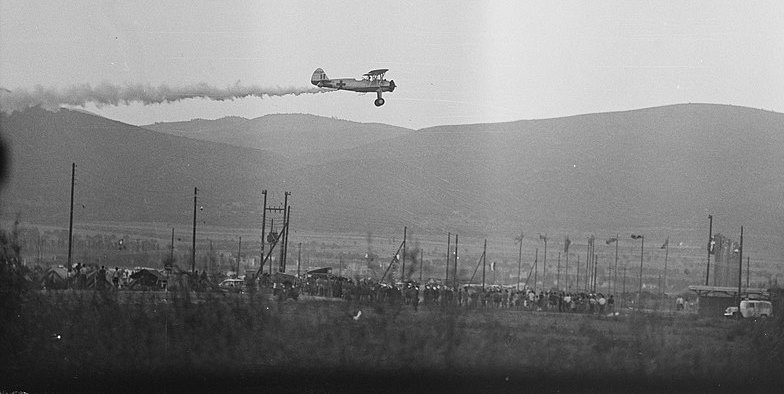Science can do many things as we have already seen. It can create anything from electricity, television, radio, the internet, space travel and even self-driving vehicles. But, what about the danger of those inventions? Everyone who has ever laid eyes on the Terminator franchise has had a thought about Skynet and its inevitable rise to domination, thus ending humans, right? There have been some dangerous inventions in our history, some which are still used to this day. Here are some of science’s most dangerous inventions.
Nuclear Power

Nuclear power, a very potent source of energy, rather cheap and environmentally friendly, right? Well, provided that some prerequisites are met. Some people argue that it is the best type of energy at the moment, but if the power plants are good enough. Chernobyl and Fukushima weren’t good enough. Whether through human error or just a spill of bad luck, these reactors made things a lot worse with their explosions. They were both rated seven, the highest severity rating for nuclear incidents. One took place because of a routine test going bad, the other because of an earthquake and a loss of power. Either way, backups were in place but they also failed. Nuclear power is amazing, but also highly dangerous. You are familiar with nuclear weapons. They are powered by similar principles but have an altogether different purpose.
Plastic
Yes, plastic. Remember plastic bags? If you live in a large city, the odds are that you will find plastic bottles and bags everywhere, from trees to the sidewalk. They pollute and are pretty resistant to the effects of time. Sure, they will degrade in time, but that is a long time, very long and very bad for us humans, who invented it. Luckily, people are making biodegradable plastics nowadays, which dissolve in a much shorter time than regular plastic.
Dichlorodiphenyltrichloroethane
Dichlorodiphenyltrichloroethane or DDT is a compound which was used to kill insects, or rather, mosquitos. The problem with DDT was that it also killed everything else, from birds to humans, it being one of the many causes of cancer. Today, it is no longer used, due to multiple reasons, but largely due to its danger to the environment.

Virus and Bacteria Research
This has been a topic for many years, especially during the Cold War. Bio-weapons are very dangerous and releasing any of them could potentially mean the end for an entire city and region. Depending on the country, some of the world’s most militaristic countries have at least some form of bio-weapon. These are extremely dangerous and the Geneva Convention included bio-chemical warfare as one of the things it would ban, for a good reason. It is the dangerous side of studying bacteria and viruses.
Particle Physics
Yes, particle physics is on this list. It is amazing that they get to study tiny particles and slam them into one another at extremely high speeds. Scientists working at the Large Hadron Collider in Switzerland said that a tiny quantum black hole could be formed, and not a large, cosmological one. Any sort of black hole could be dangerous which is why they are very careful when working in CERN.
Science brought us many great inventions such as the internet and microwave ovens. Science also has a darker side, which can be dangerous under different circumstances. Let us hope those do not come to be.

